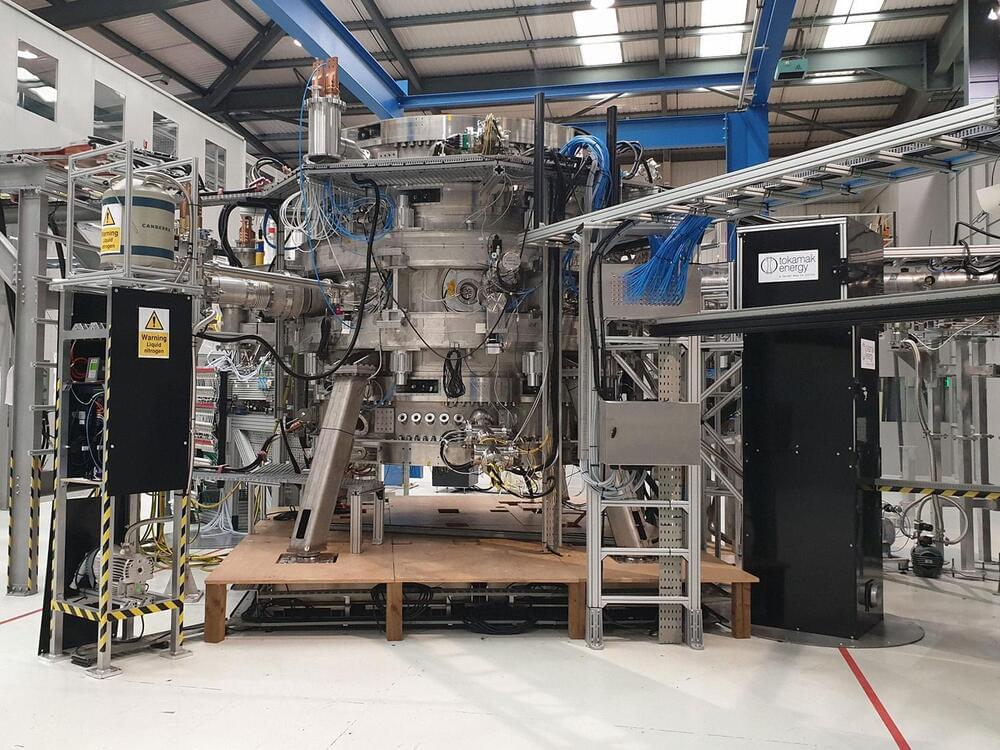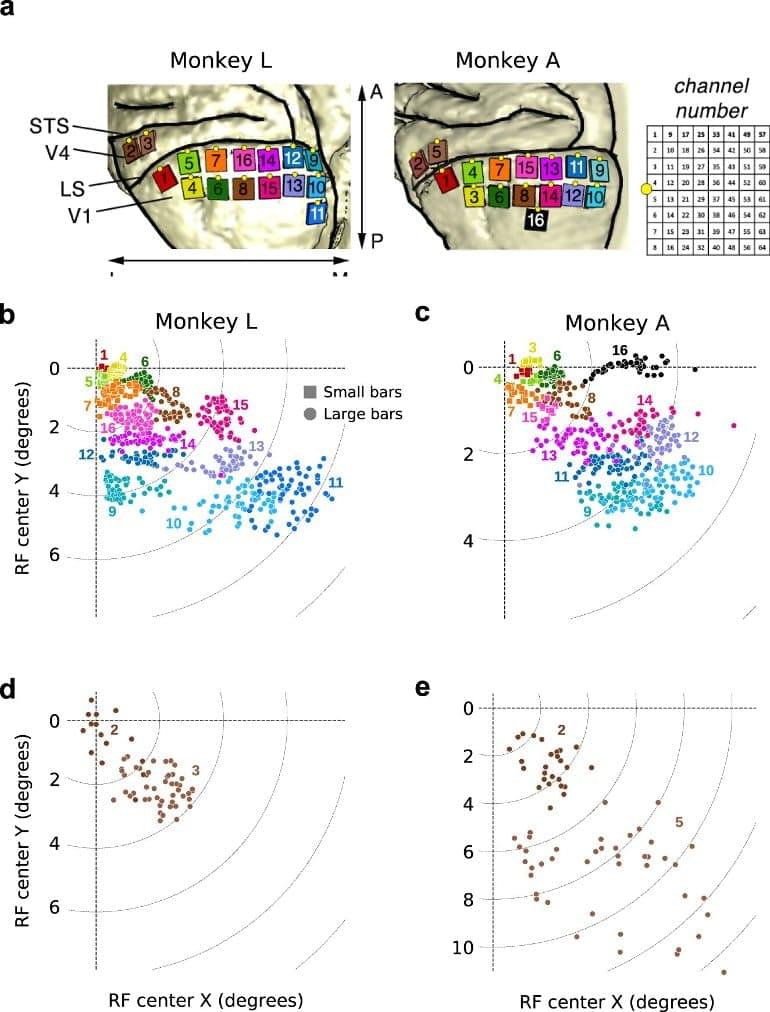If nuclear fusion reaction – the process that powers the Sun and other stars – could be used on a consistent basis on Earth, it would be a source of virtually unlimited clean energy. But there are still a lot of obstacles to overcome.
U.K.-based nuclear fusion firm Tokamak Energy has demonstrated a world-first with its privately-funded ST40 spherical tokamak, achieving a plasma temperature of 100 million degrees Celsius. This threshold is necessary for the future deployment of commercially successful fusion power. According to the company, this is by far the highest temperature ever achieved in a spherical tokamak and by any privately funded tokamak.
Several government laboratories have reported plasma temperatures above 100 million degrees in conventional tokamaks, including South Korea’s KSTAR reactor and China’s “artificial sun” EAST tokamak reactor. However, Tokamak Energy highlights that its milestone has been achieved in just five years, or a cost of less than £50m ($70m), in a much more compact fusion device. This achievement further substantiates spherical tokamaks as the optimal route to the delivery of clean, secure, low-cost, scalable, and globally deployable commercial fusion energy.






